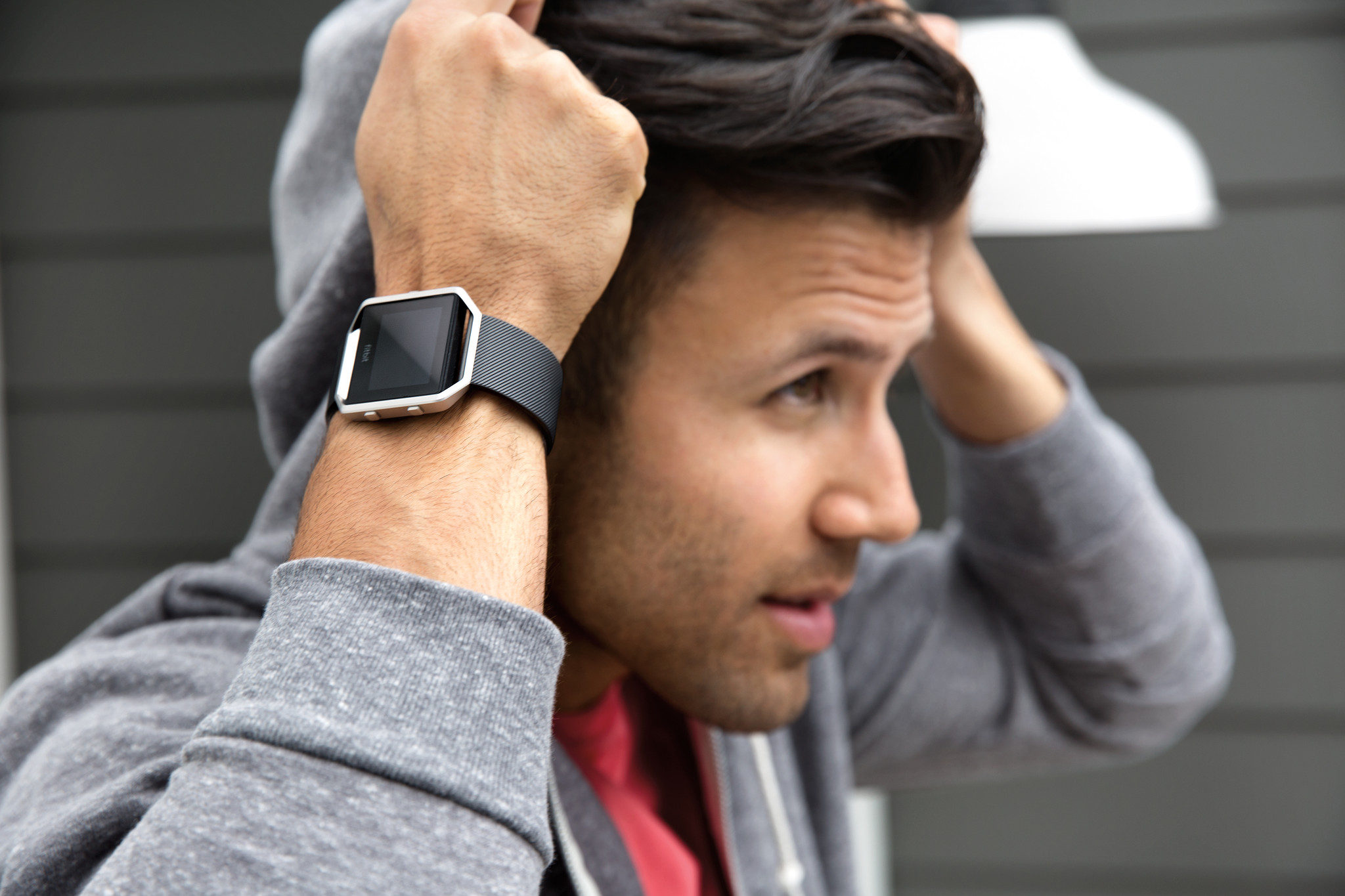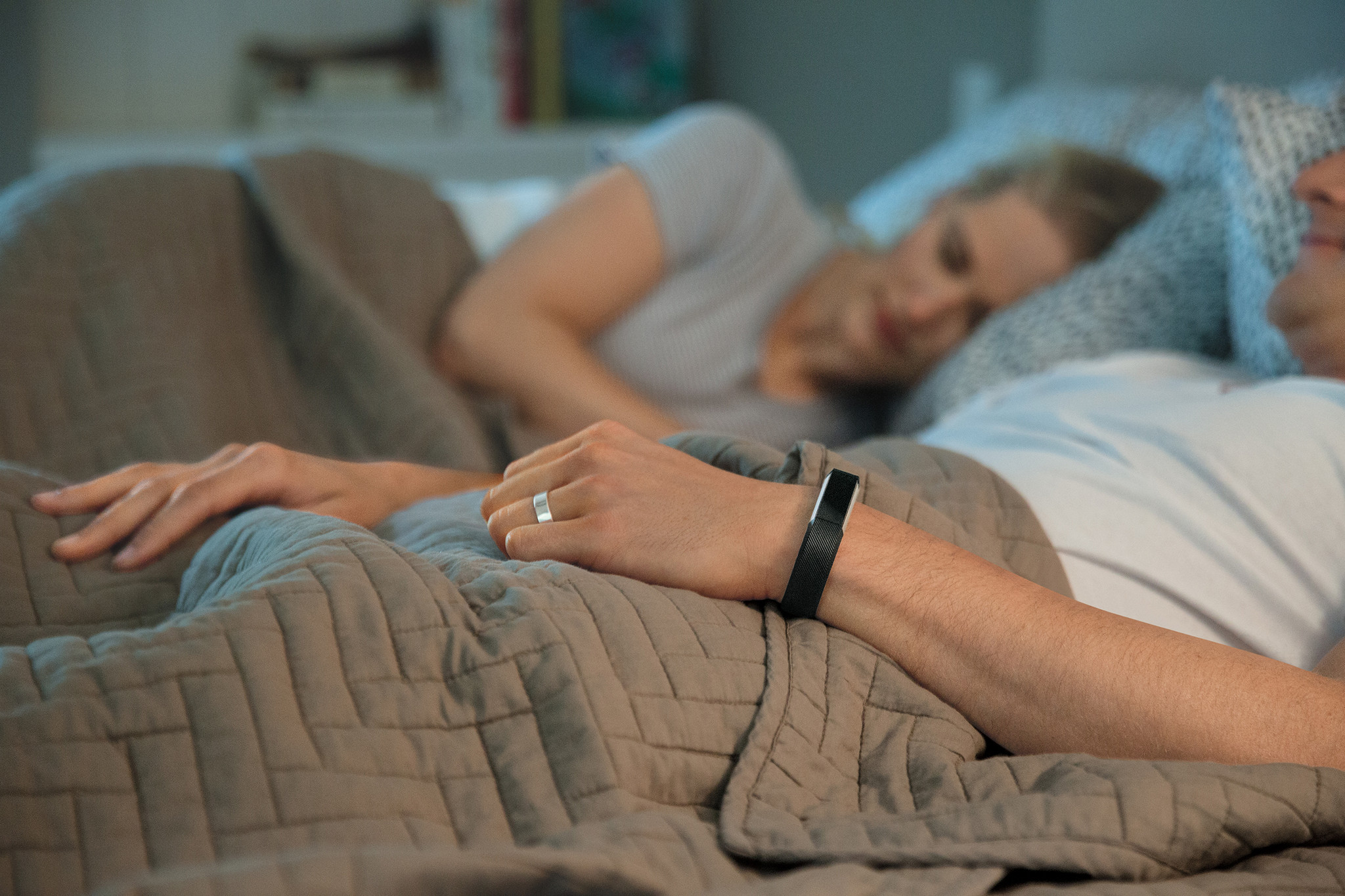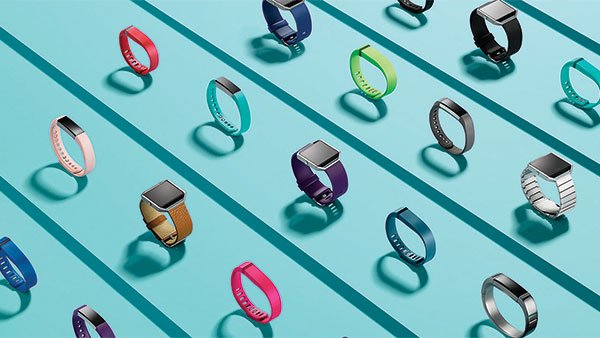5 Ways Fitness Trackers Make your Life Better

Fitness trackers on their own won't improve your health; that's just true. But what trackers can do is motivate you, hold you accountable, and measure metrics that you normally wouldn't think to look at when it comes to your overall fitness. If you're thinking of slapping a Fitbit on your arm but need a little more convincing, then try this on for size!
Get motivated
In an increasingly sedentary society, it's more important than ever for people to get off their butts and move around more. Fitness trackers are one way of giving you that extra push to get out of your seat. As Lisa Cadmus-Betram, author of a study on fitness trackers at the University of Wisconsin-Madison puts it:
"Fitness trackers combine key ingredients for motivating people to reach their health goals — self-monitoring, setting goals, getting frequent feedback on progress, revising goals if needed, social support, and developing a sense of self-efficacy."
Setting realistic and achievable goals is a key factor in motivation and is one area where fitness trackers actually help quite a bit. However, fitness trackers can't tell you if a goal is achievable; ultimately, only trial and error can do that. What fitness trackers can do is give you the data upon which you can revise your goals, if necessary.
Additionally, many fitness trackers, including the Fitbit Alta, now come with a little alarm that goes off every hour where your activity falls below a certain threshold to remind you to get up and walk around. It's great for those busy days when you feel like you're glued to your desk.
Sleep better

As Dr. Sanjay Gupta writes on Oprah.com, "If you're going to monitor only one thing, this (sleep) is it. Without adequate rest, your whole body suffers."
Dr. Gupta has a very good reason for pointing out how important the sleep tracking feature of fitness trackers is. According to the National Heart, Lung, and Blood Institute, sleep is vital to good health. Chronic sleep deficiency is linked to a higher risk of heart disease, kidney disease, high blood pressure, diabetes, and stroke.
Most fitness trackers have built-in sleep monitors, which measure how long you sleep and gauge the quality of your rest by how much you move around while you sleep. While Dr. Gupta is careful to note that fitness trackers can overestimate the quality of your sleep, he does say that if you keep track of those restless nights, you may be able to discern a cause for them and address it accordingly. Wear your fitness tracker to bed, and perhaps your nights will be more restful and you'll feel better in the morning.
Master your iPhone in minutes
iMore offers spot-on advice and guidance from our team of experts, with decades of Apple device experience to lean on. Learn more with iMore!
Easier calorie counting
The math doesn't lie: eat more calories than you burn and you gain weight. Eat less, and you lose weight. This is not rocket science, yet it can get pretty inconvenient for busy people to do. Fitness trackers and their associated apps make calorie counting more convenient than ever — whether you need to lose 5 pounds or 50, they can help you manage your food intake quickly and easily.
Most fitness tracker apps have nutritional information databases, which include most foods — even that Big Mac you had at lunch. So if you're counting your calories, no longer do you need to carry that calorie book with you wherever you go. It's now all on your phone, which you're never without, right?
Another benefit is that if you set a daily calorie goal, you can see at a glance how many calories you have left in your budget. You can also see how many calories you've burned.
Be more active
Fitness trackers aren't infallible; if you ignore yours, then it's not going to help you become more active, simple as that. But with more and more fitness trackers offering motivational features like Fitbit's "Reminders to Move", it's getting harder and harder to ignore the need to get up throughout the day and stretch your legs.
Many fitness tracker companion apps offer exercise suggestions, exercises that you might not have considered. I know the gym gets stale for me sometimes until I discover a fun new exercise I've never tried before. So while owning a fitness tracker on its own won't cause you to be more active, all of the little incentives combined with reminders to get off your ass as pretty hard to ignore and discount.
Get better at a sports ball

Even if you're already in fit shape, you can still benefit from using a fitness tracker. With many fitness trackers, you're able to track metrics related to specific sports such as running and cycling, so you can see how well you're performing and track your progress over time.
For instance, fitness trackers such as the Fitbit Charge 2 and the Garmin Vivoactive HR have specific running and cycling programs built-in, so that you can track metrics specific to that activity, such as speed, number of laps, and revolutions per minute.
The bottom line
While it is true that there is no hard evidence yet proving fitness trackers actually do help you get leaner and healthier, at least one study has found a correlation between increased activity and fitness tracker use — and there are other studies ongoing. Other potential benefits include sleeping better, losing weight, and improved sports performance.
Looking for a fitness tracker of your own? Check out our reviews and roundups for more!
- Best Fitbit
- Best Fitness Trackers for $50 or Less
- Best Cheap Fitness Trackers you've Never Heard of
- Fitbit vs. Apple Watch: Which fitness tracker should you buy?
- Ultimate guide to buying the best fitness trackers
- How to Measure your Wrist Before Buying a Fitbit

○ Fitbit Buyers Guide
○ Fitbit Users Guide
○ The Best Fitbit to Buy
○ Fitbit News
○ Fitbit Forums
○ Buy on Amazon
Mick is a staff writer who's as frugal as they come, so he always does extensive research (much to the exhaustion of his wife) before making a purchase. If it's not worth the price, Mick ain't buying.

